Prepare your Home for Winter's Frost
With the recent time change, the days are growing darker sooner, signalling the onset of colder weather. While this transition may pose challenges, the positive news is that there are numerous habits to ensure our well-being, warmth, and readiness for the winter season.
Here are some recommendations for home preparation and self-care during the colder months.
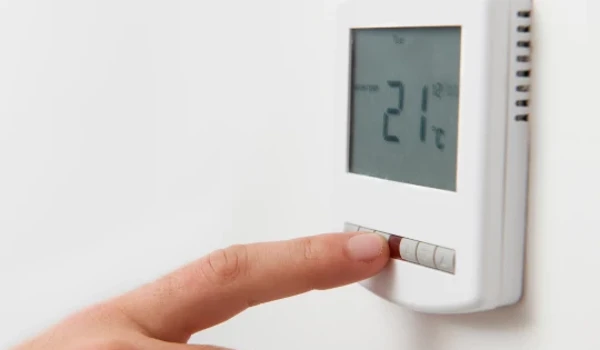
Know how to use the timer and thermostat
When it is very cold, set the heating to come on a bit earlier than you need it.
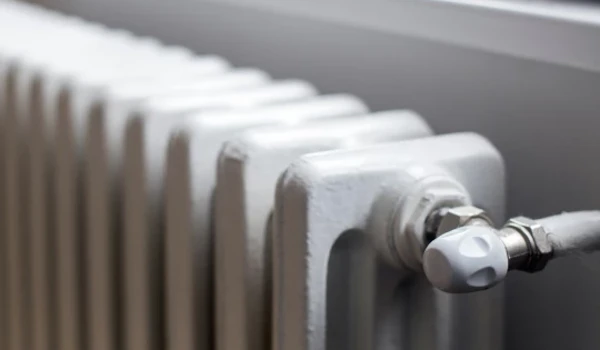
Turn off unused radiators
Turn off the radiators in hallways or rooms that aren't being used, and close doors to trap the heat in certain areas.
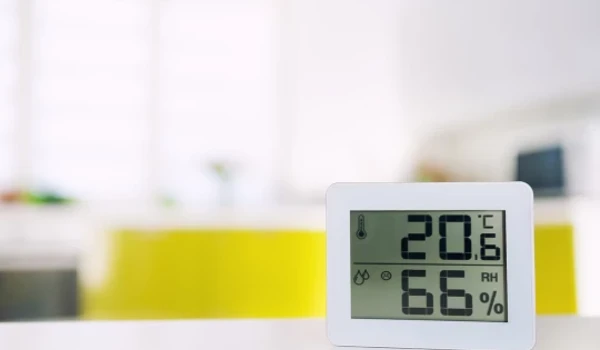
Set your heating to the right temperature
It is best to set your temperature to be around 18°C (64°F). Especially in the living room and those being used.

Close the curtains after dark
Closing the curtains after dark can help to keep the heat in. You may also wish to invest in fleece-lined or thermal curtains, which are more energy-efficient.
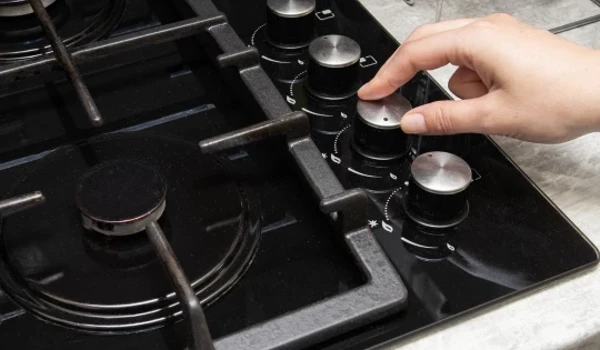
Switch off appliances
Switch your unused appliances off rather than leaving them on standby.
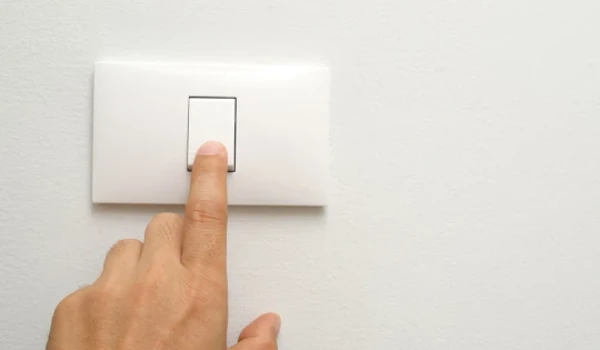
Switch the lights off
Remember to switch the lights off in unused rooms. This will also save electricity.
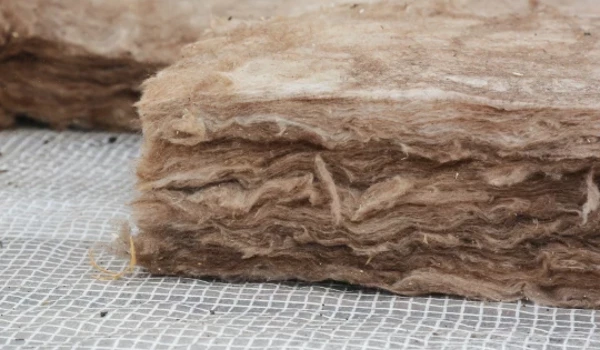
Invest in better insulation
Consider improving the insulation in your home.
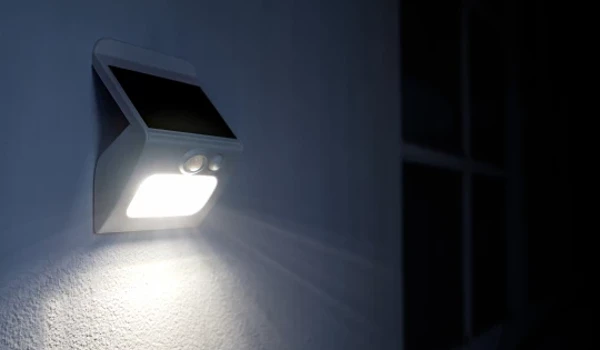
Use LED bulbs
Introduce LED lightbulbs to your existing fittings to become more efficient.
More tips on how to keep warm and well this winter
1. Check that everything is working
Although it is suggested to get heating systems serviced every year in the run-up to winter to make sure they're safe and efficient, it’s not always easy.
Instead, at minimum, we suggest that if you haven’t done so already, give your heating a blast to ensure your radiators are working well. You may also need to bleed your radiators of any air if they do not feel like they are warming up fully. British Gas have a useful guide to bleeding your radiators if you're unsure what to do.
You could also contact your energy supplier and see if they have any further advice to help you prepare for winter. This could include discussing your account and any ways that they can assist.
It’s important to know where your main stopcock is when it comes to water pipes that could freeze and burst when it’s cold. If it’s jammed, you might need to replace it. If you live in a block of flats, this will likely be in a shared indoor location. If you are unaware of what a stopcock or valve is, follow Thames Water's guide on how to find and use your inside stop valve.
2. Insulate your body indoors too
When we head outside in the autumn and winter, we will all be grabbing a jumper, coat, and any other layers to prepare for the outside. You can also do the same when you are inside.
Having layers on will help to insulate the body and regulate your body temperature. Of course, you don’t want to become too hot, so always add or remove any layers that make you feel comfortable at home. It is widely noted that wearing layers rather than one thick piece can be a smarter way to keep warm.
In bad winter conditions, such as when it is snowing, base layers are quite inexpensive and can help trap heat underneath the rest of your clothing. For example, thermal vests or long-sleeve tops are good when indoors or leaving the house. All of which is of preference to individuals, and it is noted here as a small suggestion.
A great rule of thumb is to make sure your duvets are thick enough (tog size) for the winter, and blankets are certainly useful. Even wearing longer pyjamas can go a long way towards helping you stay well and warm.
And finally, don’t forget about the cosy feeling of thick socks and/or slippers when you are at home. Overall, this can make you feel ultra-warm when stepping onto flooring or purely when putting your feet up.
3. If you can, spend more time upstairs
Hot air rises, therefore, if you do have multiple levels, then this is something to take advantage of in adverse weather conditions in the winter.
4. Clear radiators and heat vents
To ensure that heat can circulate around the room, pieces of furniture against the radiator should be moved; otherwise, this will block the flow of warmth. This also applies to curtains that could be covering the heat vents and any other items.
5. Check for draughts and keep heat in
There can be places around your home that could be particularly draughty, including around windows, keyholes, and doors. Draught excluders fitted under your doors can be an inexpensive way to block the outside from coming in. Alternatively, you can also purchase non-fixed draught excluders, but please be cautious of the risk of tripping over them. These could be best used by external doors when you go to bed.
As mentioned, it’s good practice to close curtains when after dark to block draughts and keep heat in. Nonetheless, do keep your curtains open during the day to let light and warmth in.
The Energy Saving Trust has some great home energy tips on different ways to cut out draughts from older homes (or those with draught issues).
6. Be more active
Be it on your rest break or over the weekend, any movement can help generate body heat. This doesn’t have to be going to the gym, but simply walking around the house, doing a spring clean, wrapping up to go for a brief stroll, or doing some low-impact exercise. Equally, this all helps your body to not become cold and stiff (often making us feel like we don’t want to move at all).
7. Make warm food and drink
As noted by sources such as Age UK and the British Heart Foundation, eating a healthy, balanced diet with the recommended amount of fruit and vegetables will help your immune system work well during the winter. Aside from warming up our home, we can warm ourselves from the inside. Opting for hot meals, such as porridge, some soup, or a pot of stew on cold days, can keep you warm. Soup is also a great way to tackle food waste by making it with leftovers from scratch. A simmering pot on the stove also helps generate heat in the kitchen.
Frozen or tinned fruit and vegetables (if there's no added salt or sugar) can be just as healthy as fresh goods and certainly more affordable if they’re out of season. This helps you get the vitamins you need if you're trying to eat well on a budget.
8. Take care of yourself
From thinking of how to prepare our homes for winter, to the ways we can look after ourselves, every action is important for our wellbeing. Here are just a few ideas on how to keep spirits high in the darker skies.
-
-
- Do something you enjoy every day (even personal time for your favourite biscuit with a cup of tea)
- Stay connected with others
- Try to get outdoors to enjoy nature and the changing landscape
- Keep active in any way that suits you
- Take up a new hobby that you can do indoors
- Make a mood-boosting music playlist or listen to your favourite songs more
- Eat well and try to get enough vitamins
- Reach out to others should the winter blues take a toll
-
Winter can be a hard time of year for many people, so it's important to always be kind, and check on the older and vulnerable people in your community.
